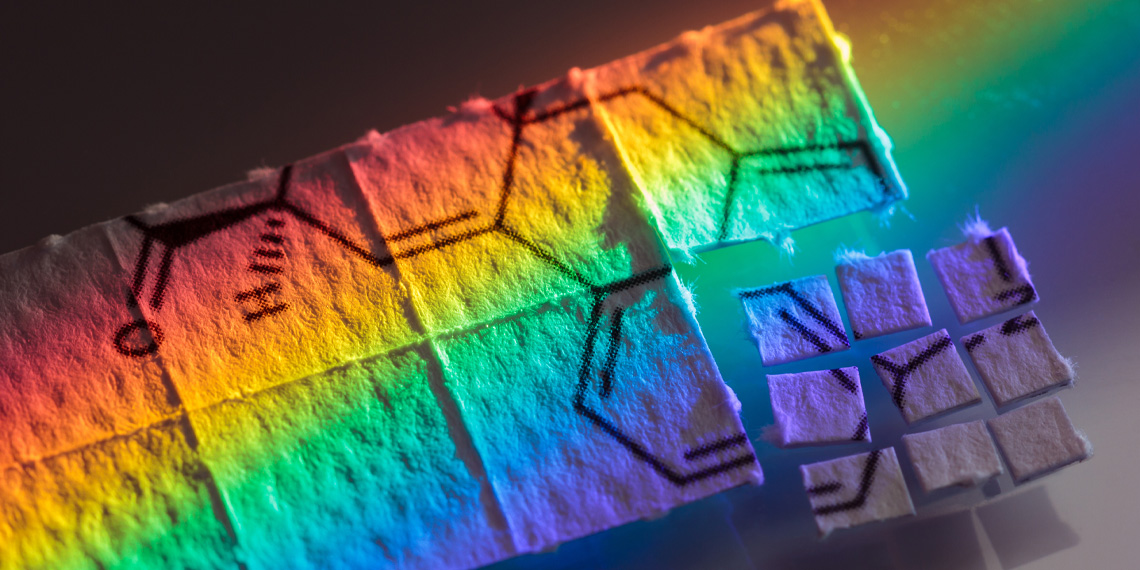I understand your viewpoint (I think) and I generally agree, but I say this as a believer in the utility of materialistic science - for the most part. The Scientific Method I believe can overcome the limitations of materialism, although it will take time. Materialist approaches, I believe, are, have been, will continue to be, very useful modes of thought when we are attempting to examine the immaterial. This sounds contradictory - but I contest that it is not. Material is a first order layer, and conceptual confinement that it
is critically important to define as a fundamental element of our seemingly shared reality. Our insight and mastery (Large Hadron Collider, Higgs bosons, deep spectral analysis of primordial "light") of the material world as a species is - tautologically - unprecedented,
Having laid this foundation (in the context of the topic at hand - small doses to alter brain chemistry, ergo, material impact on immaterial metrics - snap, damn, I do apologise, I am drunk - what am I even saying here?

)
Right - given that material reality is quantifiably the most potent source of truth that I, an incarnate conscious being within this reality can identify - in my mind, this is still the best route to figuring out what reality actually is. Materialism fails only because right now, at this instant on the static time crystal of eternity (if such a thing exists, I'm basically referencing myself here) immateriality is just entirely outside the scope. But, it will not always be so.
It occurs to me that, bluntly, the main issue with materialism is that immaterial things are the fabric of our shared existence. Each of us lives within an immaterial reflection of the material substrate of the reality that we think that we know - but really, we don't. But we can. Immaterial events and objects - of which the latter linguistic class can easily englobe the former - are the first order layer of our lived reality, which is to say, of course, in maybe simpler language - we all live only inside our minds. But we are capable of probing the bounds of the substrate within which we find ourselves. The material is a logical starting point. But the immaterial is
not really immaterial, we just do not understand how to conceptualise the parallel substrata. This, itself, of course - is a limitation that is built in to the substrate of our own consciousness - there is the "real world"... and then there is the mind.
The most disastrous iteration of materialism is the one that ignores the unavoidable fact that the immaterial mind is the theatre that hosts the worlds. But - this is understandable, because this is how our reality is built. If we are to find truth - we must continue to hammer at the anvil of the material world until it breaks, and exposes the irrefutable reality of what lies beyond.
Man... as I say, I'm slightly drunk, apologies that this is maybe veering a liiitle off-topic. But I
think that I've made sense.


